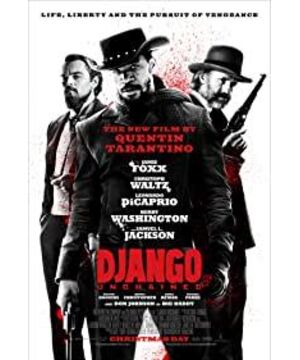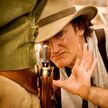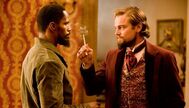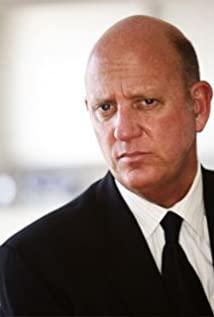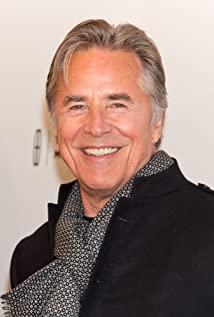After watching the movie, many people like me will ask: why is Laura dying, isn't she innocent?
In the film, Lola tries to organize Xiao Lizi to show everyone the back of a black slave girl. Here, everyone must think that Lola is a good woman who sympathizes with black people.
But the "it's at the dinner table" she said later pointed out her reason. Obviously, she didn't really care, but only cared about etiquette.
Secondly, there is a detail when she gives Django's wife to the doctor that the doctor quickly closes the door. Lola can be seen giggling at this point, which shows that she clearly thinks the doctor wants to do something. It also reflects her evil from the side.
Furthermore, when Django was about to be castrated, the old housekeeper Stephen said that Laura originally wanted to castrate Django just like that, but considering that it was too cheap to die, she had to send it to the coal mine. (Well, although I personally think it's a bit nonsense), it still reflects Lola's evil.
By the way, killing Lola is actually inevitable, because the American in the film is basically dead, if you don't kill Lola and let her out, won't this make the movie more confusing (imagine Django letting her go) It's weird to go out)
Speaking of the script, everyone said that the protagonist's halo is serious, but this is a macaroni western. Django's original work is the protagonist's halo. Otherwise, why would Director Kun call him to pay tribute? The various irrationalities of the plot and the behavior of the characters have always been the subject matter of Kun-director's films. The reality is not so reasonable, and the reality is full of coincidences.
Let's talk about the soundtrack, John legend's song is really super-sense, especially the broken sound, which really reflects Django's wildness.
Best Picture Best Picture for Director Kun's Once Upon a Time in Hollywood
View more about Django Unchained reviews


